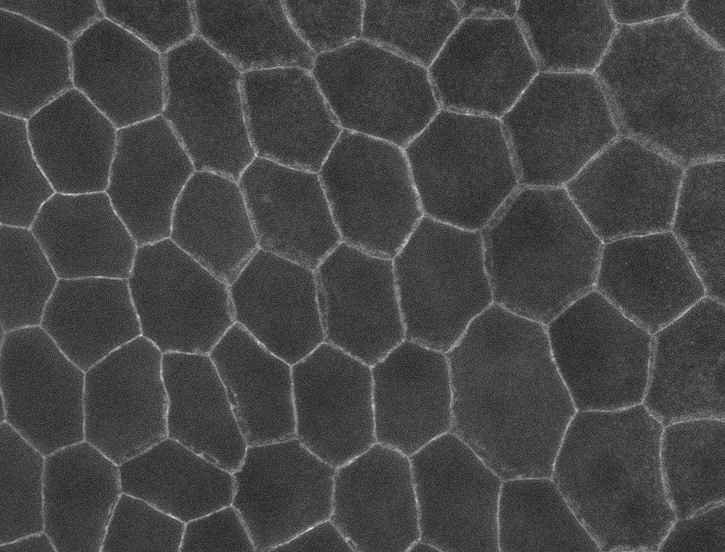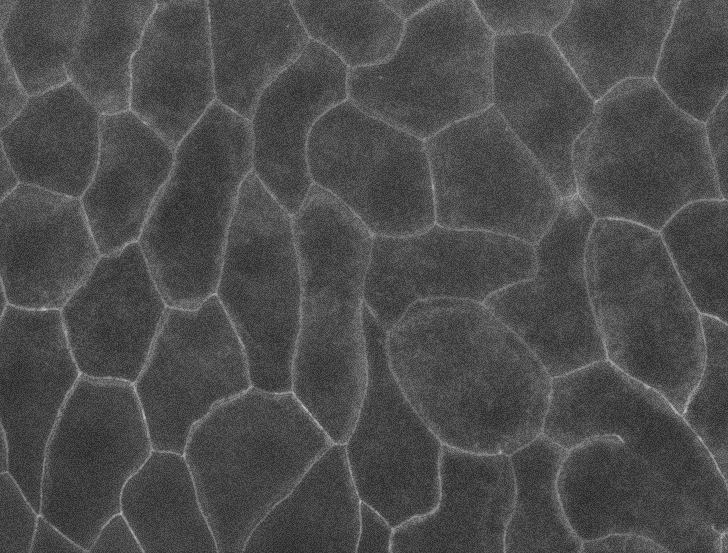Bachelor's Thesis Project
Investigations on RPE remodeling during Retinitis Pigmentosa disease progression
Retinitis pigmentosa (RP) is a leading cause for hereditary blindness. It is characterized by progressive photoreceptor death, leading to night blindness in early stage, and gradual vision loss upon disease progression, heavily impacting the lives of those affected. Numerous gene loci where mutations can cause RP have been identified so far.
The retinal pigment epithelium (RPE) is a supportive tissue with numerous functions vital for retinal health and visual function, like phagocytosis of shed photoreceptor outer segments and provision of nutrients to the photoreceptors. Dysregulations in the retina often negatively affect the RPE and vice versa. This close interaction makes the RPE an interesting target when trying to understand the mechanism behind RP disease progression.
Due to the many different mutations causing RP, a mechanism independent approach to gene therapy is required to enable treatment of significant proportions of patients. Elucidating RPE remodeling during RP progression is one important step towards this goal.
Output: This research contributed to an abstract with my advisor (Haffelder et al., 2024), additionally I got invited to present my work as a poster at URCUP 2024.
Techniques and accomplishments:
- extracting mouse RPE for imaging and RNA isolation
- significantly reduce number of unrecognized cells during cell segmentation by implementing cellpose into image analysis pipeline
- qRT-PCR for gene expression analysis
- staining, mounting and imaging of RPE
- integrate & interpret results from different experiments for my thesis (and get my B.Sc., yayyy :) )
Check here for a summary of my findings as a poster.


References
2024
- Pro RetinaMetabolic and Functional Dynamics during RPE Remodeling in Retinitis PigmentosaIn 18th Pro Retina Research-Colloquium Conference Report - Retinal Degeneration, Potsdam, Apr 2024